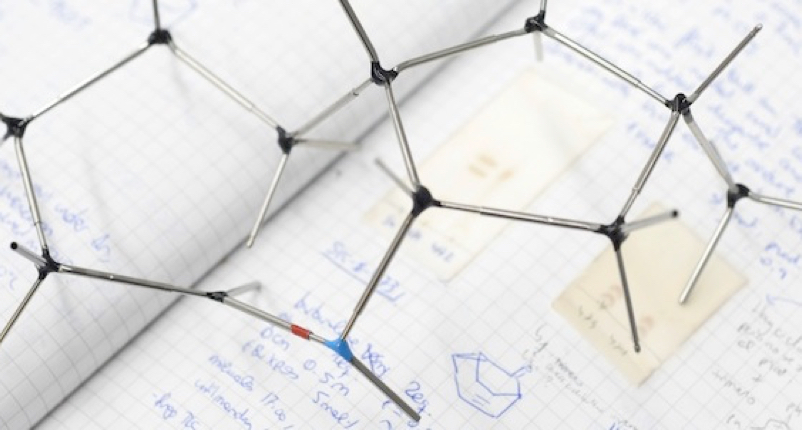The Active Molybdenum Oxide Phase in the Methanol Oxidation to Formaldehyde (Formox Process): A DFT Study
Methanol is oxidised to formaldehyde by the Formox process, in which molybdenum oxides, usually doped with iron, are the catalyst. The active phase of the catalysts and the reasons for the selectivity observed are still unknown. We present a density functional theory based study that indicates the unique character of MoVI![[BOND]](http://onlinelibrarystatic.wiley.com/undisplayable_characters/00f8ff.gif) MoIV pairs as the most active and selective sites and indicates the active sites on the surface, the controlling factors of selectivity, and the role of the dopant. Iron reduces the energy requirements of the redox MoVI
MoIV pairs as the most active and selective sites and indicates the active sites on the surface, the controlling factors of selectivity, and the role of the dopant. Iron reduces the energy requirements of the redox MoVI![[BOND]](http://onlinelibrarystatic.wiley.com/undisplayable_characters/00f8ff.gif) MoIV pair by acting as an electron reservoir that sets in if required. Our present study paves the way towards a better understanding of the process.
MoIV pair by acting as an electron reservoir that sets in if required. Our present study paves the way towards a better understanding of the process.

M. Rellán-Piñeiro, N. López
ChemSusChem 2015, 8, 2231-2239
DOI:
Go to the journal

Let's create a brighter future
Join our team to work with renowned researchers, tackle groundbreaking
projects and contribute to meaningful scientific advancements



















